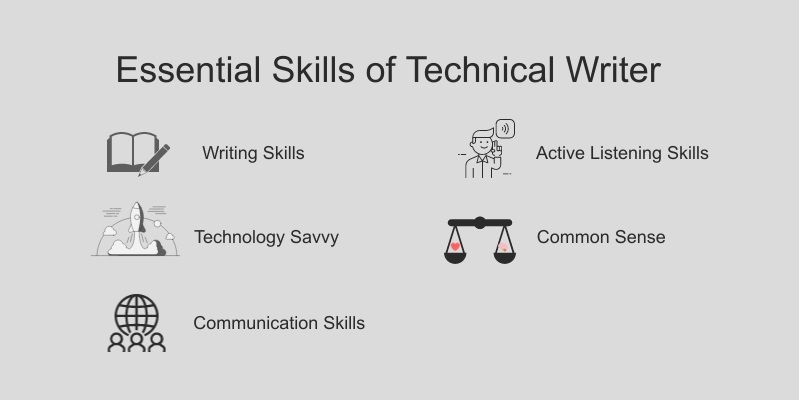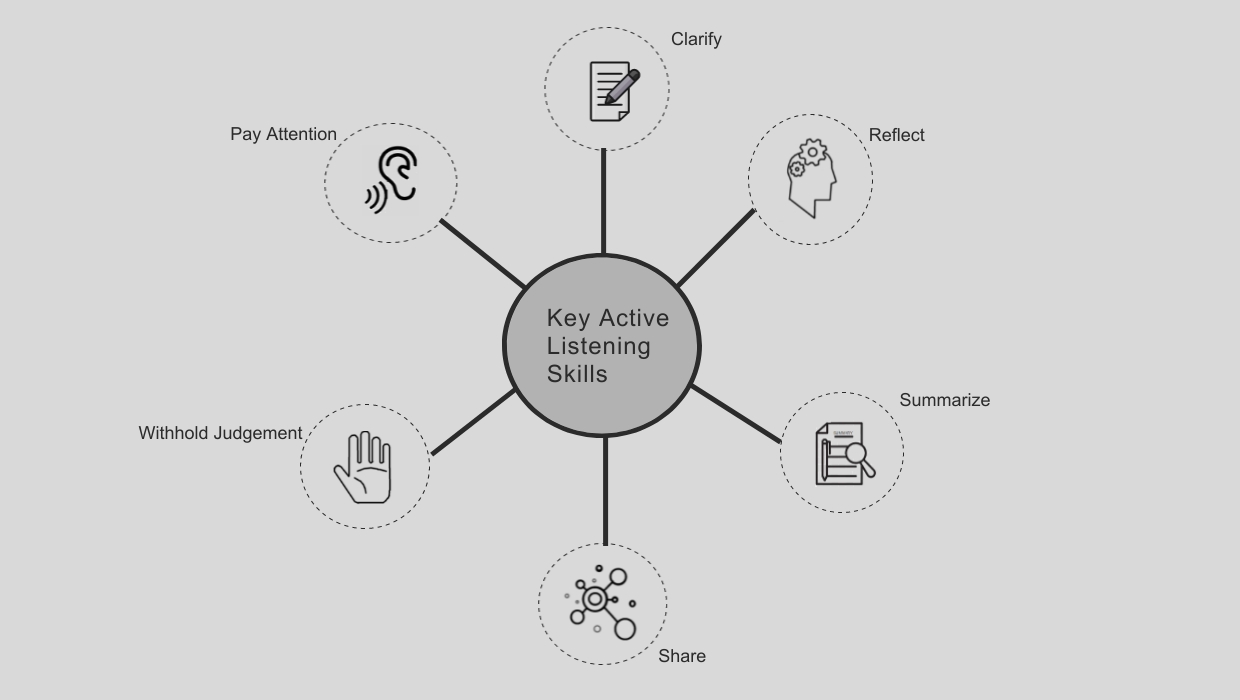What is technical writing?
What is Technical Writing?¶
Technical writing is a technique of writing for conveying ideas and instructions in an effective manner. It allows you to form a pattern in your content, which helps the reader perceive information in a better manner.
Technical writing explains a concept and shares the technical information to a broader audience about a technical subject in a clear, concise, and comprehensible language.
Who is a Technical Writer?¶
A Technical writer (TW) is a person who has the expertise to understand and communicate the technical aspects of a product to both technical and non-technical users. They break down complex concepts into simple and easy-to-understand language. They are the interpreter in the industry who makes the consumer or the user understand the product well and help them effectively use it.
What does a Technical Writer do?¶
Being a technical writer is not just about writing in a particular style of English. It is more than that.
To be able to communicate any idea to its readers, the first step is to understand it so that you can explain it. To be able to understand a complex idea you need to be knowledgeable.
As a technical writer, it is essential to be the first user of the product that you are writing about. Hence, a technical writer spends time in gaining knowledge about the product, asking questions to the product experts, and understanding the user’s perspective on the product.
There are plenty of other responsibilities, but currently, let us just stick to the fact that it has a lot more to do than just writing in English.
What are the skills needed to become a Technical Writer?¶
A person can learn everything only if there is a will to learn.
Following are the basic skills a technical writer should possess:-

Writing Skills¶
A TW should possess good writing skills with impeccable grammar knowledge. TW should write in a clear, concise, and simple manner. The writing should not contain any grammatical or technical errors. The document produced should serve the intended purpose. There is no scope for misunderstanding in the document. In order to write useful and relevant content, a technical writer is advised to conduct audience analysis before pinning down words so that they can write better.
Basically finding the purpose of using a document will define the structure of sentences, knowledge depth requirement, and the format TW needs to use it.
Technology Savvy¶
A TW should be technology savvy. TW should be curious and ready to learn new technologies. Being savvy will help them grasp the concepts and learn effectively. TW should be able to understand the business needs and provide user satisfaction. TW is a field of continuous learning, so TW should be flexible enough to change and adapt according to the requirement of the industry.
Communication Skills¶
A TW must have good communication skills. The TW has to work collaboratively with Subject Matter Experts, Tech Professionals, and non-technical users. So, they should be able to communicate with everyone and get the knowledge they want efficiently. They should not hesitate to ask questions. They should understand the what, how, and why of a product and transfer that knowledge in an easy and simplified way.
Active Listening Skills¶
The TW should be a good listener, understands what is being said without getting judgmental, clarify things if not understood well, remembers what has been said, and respond in context to the verbal as well as nonverbal cues of the speaker. Be very patient, and neutral to the feedback.
If the TW has good active listening skills, they will be able to create better documents for their user since they know the pain and understands them very well. They are able to identify the problem user faces because of proper listening and asking the right question and addressing them later in the document.

Common Sense¶
Everybody gets so much information all day long that they lose their common sense.
- - Gertrude Stein
Every profession needs common sense, so does the technical writer. A TW has to deal with many kinds of people involving feedback from them. Hence, taking it objectively and accepting it is a must skill in an industry which feedback to consider and not. The technical writer needs to remain calm and neutral to the feedback. They should not take it personally because the only aim for them is to help their user in achieving their task. The TW should formalize its expectations with well-conceived goals and objectives so that others can understand and buy into them. Clear goals reflect clear thinking and clear expression.